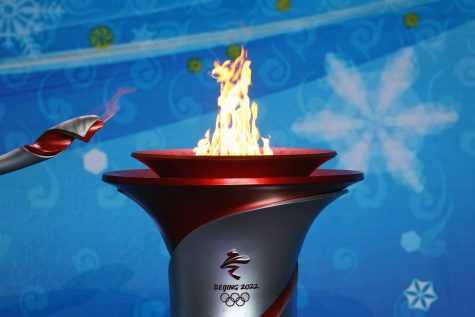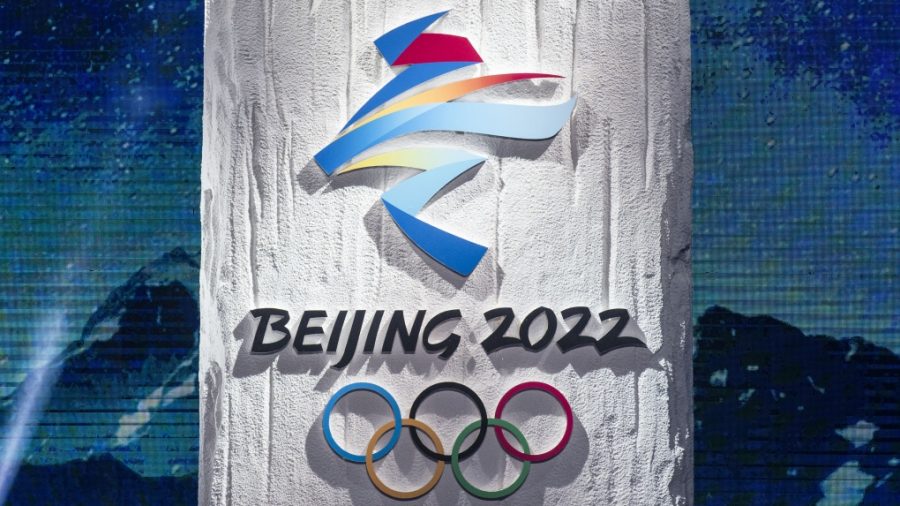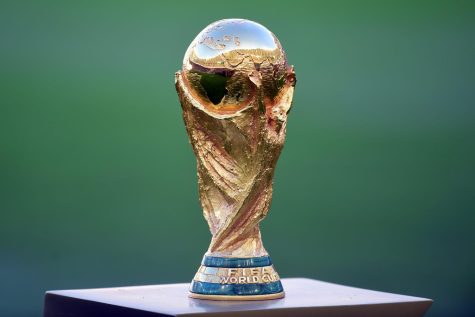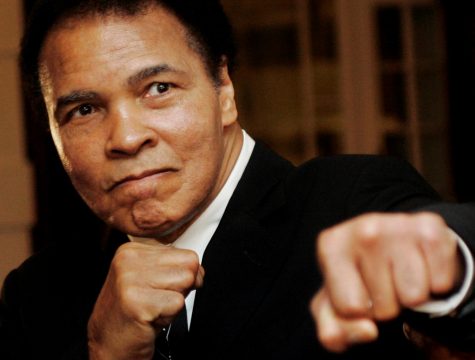Brief History of the Winter Olympics + What to expect at Beijing 2022
With the Beijing Olympics on the horizon, let us look back at the first ever Winter Olympics and the history of one of the world’s most preeminent winter events.
The first Winter Olympics took place in 1924 in Chamonix, in the French Alps. “The International Winter Sports Week”, as it was known back then, involved a total of six sports and enjoyed tremendous popularity. The Nordic nations dominated the speed-rinks and slopes then and Canada took home one of their too many hockey medals. Four years later, the IOC (International Olympic Committee) officially designated the Winter Games in Switzerland as the Winter Olympics.

Prior to the establishment of the Winter Olympics, only sports like figure-skating and ice hockey were part of the Olympics. The first large-scale winter sports competitions were the Nordic Games where only the Scandinavian countries took part in. The IOC proposed to stage an official Winter Games with the Scandinavian nations but Sweden initially declined. After several more attempts, an agreement was reached to host the International Winter Sports Week. Of the 300 athletes who took part in Chamonix, only 13 were women and they were all figure-skaters. In comparison, Pyeongchang 2018 had 1,242 female participants out of a total 2,922.
The Winter Olympics have evolved since its inception; with more sports added and the number of participant countries risen. Winter Olympics’ sports are not easily accessible to play in half the countries in the world. Climate conditions, equipment, and expensive cost make some winter sports difficult to become as universally practiced sports as football or running or swimming. Only during the Winter Olympics, audiences are exposed to a huge variety of enjoyable winter sports and watch the athletes compete for prestigious medals.

The 2022 Winter Olympics will take place from 4 to 20 February in Beijing. A total of 15 sports will be played and 80 countries have been confirmed to participate. Haiti will make the country’s Winter Olympics debut while North Korea (previously participated in Pyeongchang 2018) will not be taking part due to its suspension from the Games by the IOC. Beijing 2022 has not been without its fair share of controversies. Calls have been made to boycott the games due to China’s political issues and troubled diplomacy. Western politicians have suggested a diplomatic boycott of the games i.e. refusing to send government officials but still sending the athletes to compete. The IOC has refused any attempts at relocating the game outside of China and stated that they remain neutral in all global political issues and that hosting the games does not necessarily mean they agree with the host country’s politics.
Regardless, one thing everyone can agree on is that all the athletes have worked hard for the upcoming games despite the hardships and uncertainties of the past two years.
The Sports team of the CGA Press will continue to cover experiences of athletes, and stories of students that you could be in the same classroom everyday. Look out for new articles released on the 2nd and 4th Friday of each month.












